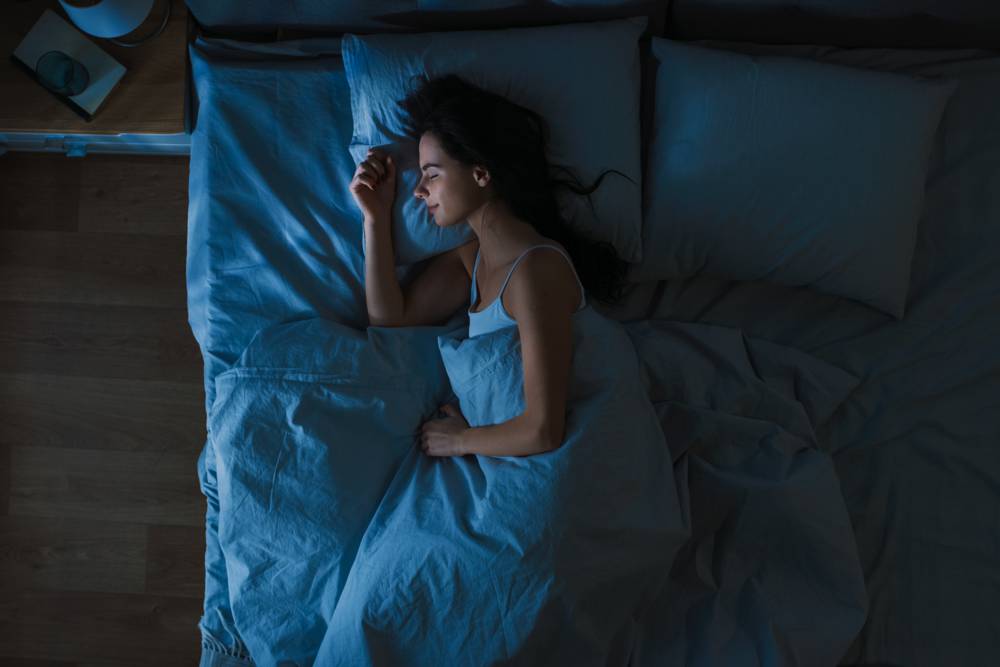Your Quality of Sleep Matters

QUALITY VS. QUANTITY
For an ideal sleep you need to go through several stages. Two of these phases are particularly important: Deep sleep is the most restorative stage of sleep when the body repairs itself, and studies suggest the most damaging effects of sleep deprivation are from inadequate deep sleep.
The second phase is rapid eye movement (REM) where your brain is still active due to the brain consolidating recently learned information and transferring it into long-term memory. The percentage of sleep time you spend in these two phases largely determines the quality of your sleep each night, and plays a major role in maintaining your overall health. For example, tossing and turning all night or too many episodes of sleep interruptions (i.e. not enough deep sleep) impacts the bodies ability to adequately complete all of the phases needed for muscle repair and regulating hormones specific to growth, metabolism and appetite.
MUSCLE REPAIR
Poor sleep quality can wreak havoc on human growth hormone (HGH), which stimulates growth and repair of muscles, as well as fat burning and bone building. Studies have also found that sleep deprivation can alter glucose metabolism (main source of fuel for exercise), which can impact energy levels – hence your workout effort.
APPETITE AND HUNGER
During sleep, the body balances hunger-controlling hormones and studies show that poor sleep quality messes with brain regions that control appetite, making it hard to stick to a healthy eating regime. In other words, too many restless nights may result in overeating or out-of-control sugar cravings.
HOW TO IMPROVE SLEEP
The ideal amount of sleep adults need each night is between 7-9 hours, however if you’re giving yourself plenty of time for sleep, but still feel drowsy in the morning or staying alert all day, you may not be getting the quality sleep you need. Here are some tips to help improve sleep quality:
Set a sleep schedule and stick with it, even on weekends.
Avoid heavy exercise too close to bedtime.
Curb the caffeine after lunch.
Have a digital detox 1-2 hours before rest.
Go easy on the alcohol before bed.
Keep your bedroom dark and cool, and eliminate any artificial lights.
Eat a balanced diet.